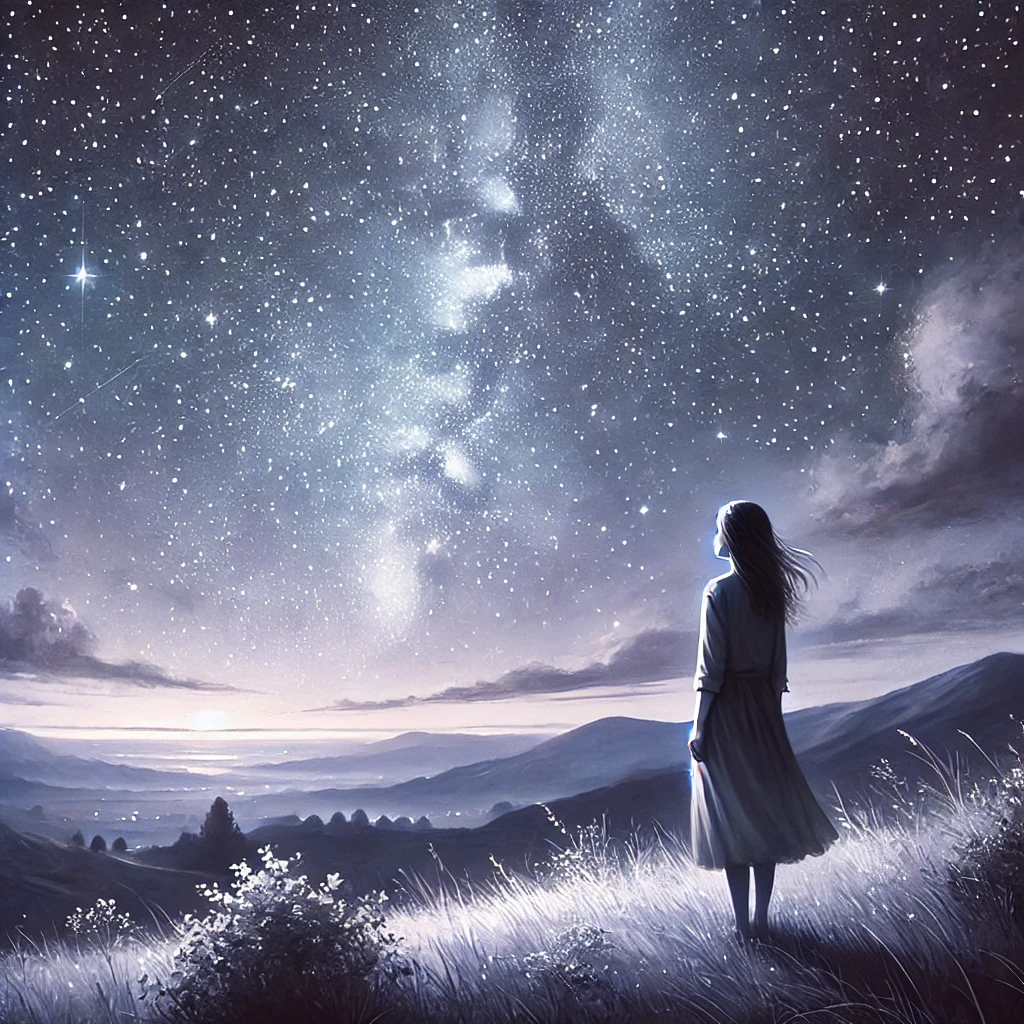Mapping the Architecture of Ecstasy
Step One: Become a student of unconditional love.
For many of us who were raised in a culture where we choose our life partner, deep conditioning and cultural values contributed to the belief that happiness is tied to finding “the One”. We grew up with movies and music that contributed to the belief that romantic love is the pinnacle human experience.
When we had life experiences that contradicted Hollywood’s version of love, rather than scrutinizing the nature of romantic love itself, we tended to blame ourselves or others for the failure to cultivate deep, lasting, satisfying relationships.
What if we’re not the ones who are flawed? What if it’s our concept of love that’s to blame for our dissatisfaction?
Meeting people from other cultures, I was always intrigued by arranged marriages. While traveling in Pakistan last May, I had the opportunity to engage in conversations with both men and women who are in arranged marriages. Much to my surprise, most of these partnerships were far more stable, happy and satisfying than western relationships.
“What’s the secret?” I’d ask. The general consensus was that love isn’t a feeling. It’s a choice.

